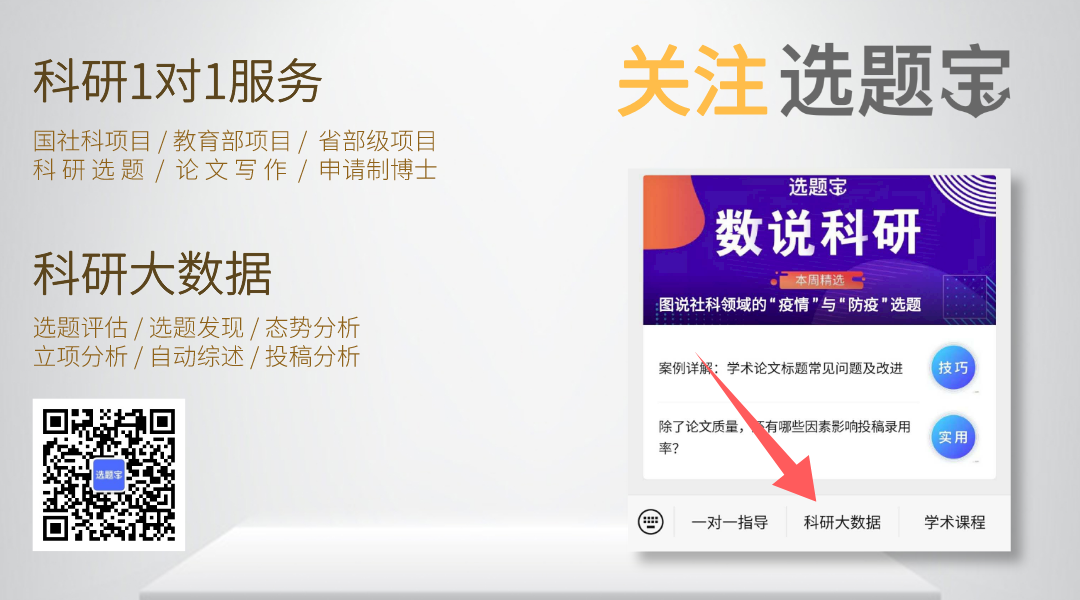SSCI《Journal of Management Studies》征稿: 数字沟通的阴暗面
2025年08月05日
截止日期:2026/09/30 23:59
征稿期刊
Journal of Management Studies
期刊级别
IF 6.4 (JCR 2024)
SSCI
Q1 (BUSINESS 45/316)
Q1 (MANAGEMENT 57/420)
征稿主题
The Dark Sides of Digital Communication
细分领域
Harmful Interactions in Sociotechnical Systems
For individual users and organizations, what sociotechnical systems facilitate – or inhibit – their involvement in deceptive online practices?
How do heuristics and biases interact with platform design to shape individual susceptibility to misinformation when working for and with organizations?
How do digital communities organize to shape their members’ susceptibility to digital communications?
How do organizations and organizing play a role in perpetuating or impeding harmful digital communication?
How do the dark sides of digital communication impact an organization’s ability to operate effectively and efficiently?
How does the adoption of emerging technologies, including generative AI, create new ethical dilemmas and risks for organizations in managing digital communication?
How Harmful Digital Cultural Artifacts Shape Behavior, Legitimacy, and Action
How does generative AI alter the nature and effectiveness of deceptive communication, and what implications does this have for individuals’ and organizations’ abilities to discern credible from deceptive content online?
How do organizations use — or become entangled in — framing, storytelling, or rhetorical strategies that (intentionally or unintentionally) contribute to online outrage, polarization, or misinformation?
What strategies do organizations employ to manage or mitigate reputational, status, or legitimacy risks arising from phenomena such as online hype escalation, digital scamming, cancel culture, and digital vigilantism?
How do organizational cultures shape perceptions and boundaries around ethical digital communication, misinformation, and deception?
The Psychology of Digital Harm
How do employees’ and/or managers’ cognitive and emotional processing styles influence their ability to spot and resist deceptive digital communication?
How does emotional contagion in digital workgroups fuel or curb participation in harmful practices such as cancel culture or digital vigilantism?
How does identification with workplace or online communities amplify - or dampen –behaviors like misinformation sharing or phishing?
How do episodes of harmful digital communication, whether internal or external, affect employee and/or manager well-being, performance, and retention?
Detrimental Societal Antecedents and Outcomes
How do polarized digital environments affect organizations’ capacity to communicate across stakeholder groups or maintain legitimacy in contested spaces or across ideological divides?
What role do organizations play in either amplifying or mitigating hype cycles, public polarization, and discursive fragmentation online?
How do societal norms, platform logics, or media narratives and routines shape the communicative strategies organizations adopt in polarized environments?
How do harmful digital communication dynamics affect organizing for social change, advocacy, or democratic engagement?
重要时间
Submission Deadline: 30 September 2026





